Taking allopurinol every day isn’t just about popping a pill-it’s about stopping gout attacks before they start. Many people feel fine after their first flare-up and think they don’t need the medicine anymore. But allopurinol doesn’t treat pain. It works slowly, over weeks and months, to lower uric acid levels in your blood. If you stop taking it, even for a few days, uric acid builds up again, and another attack could hit hard.
Why Consistency Matters More Than You Think
Allopurinol isn’t like painkillers that give instant relief. It’s a long-term fix. Every time you miss a dose, your body starts rebuilding uric acid crystals in your joints. These crystals don’t vanish overnight. They linger, and over time, they cause damage-toward joint erosion, kidney stones, and even chronic pain. A 2023 study in the British Journal of Clinical Pharmacology found that patients who missed more than two doses per week were three times more likely to have a repeat gout flare within six months.
Think of it like brushing your teeth. You don’t skip brushing because your mouth doesn’t hurt today. You do it because you know plaque builds up quietly. Allopurinol works the same way. It’s preventive. Skipping doses is like letting plaque win.
Set a Daily Reminder That Actually Works
Phone alarms? Too easy to ignore. Post-it notes? They fall off. The most effective method? Tie your pill to something you already do every single day without fail.
- Take it right after you brush your teeth in the morning.
- Put it next to your coffee maker-take it while the coffee brews.
- If you eat dinner at the same time every night, take it with your evening meal.
Linking the pill to a habit you never miss makes it automatic. Your brain stops seeing it as a chore. It becomes part of your routine-like washing your hands or checking your phone.
Use a Pill Organizer-But Choose the Right One
Not all pill boxes are created equal. A simple seven-day box might seem fine, but if you’re on a daily dose, you need one that shows allopurinol clearly. Look for boxes with:
- Large, easy-to-read labels
- Separate compartments for morning and evening (in case your doctor prescribes split doses)
- A lock or latch to prevent spills
Some people find success with digital pill organizers that beep, flash, or even send alerts to a family member’s phone. Brands like MedMinder or Hero have been used by NHS clinics for patients with chronic conditions. If you’re unsure, ask your pharmacist for a recommendation.
Keep a Simple Medication Log
You don’t need a fancy app. A small notebook or even a note on your phone works. Just write:
- Date
- Took allopurinol? Yes/No
- Any side effects? (like rash, nausea, dizziness)
Why? Because when you go to your doctor, they’ll ask, “How often do you miss doses?” If you can show them a clear pattern-like “I skipped it every weekend for three months”-they can help you adjust your plan. It’s not about being perfect. It’s about being honest so you get the right support.
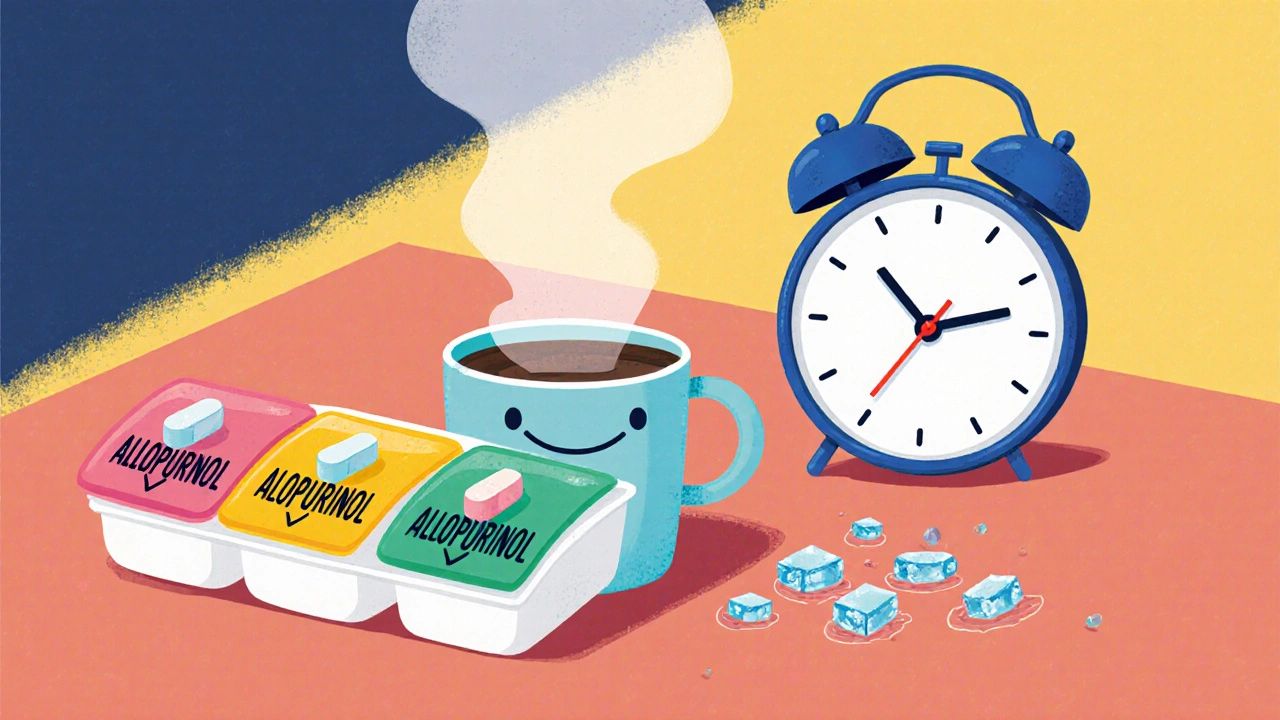
Know What to Do If You Miss a Dose
Life happens. You forget. You’re away from home. You feel fine and think, “I’ll skip today.”
Here’s the rule: If you remember within 12 hours of your usual time, take it. If it’s been more than 12 hours, skip it. Don’t double up. Taking two doses at once can raise your risk of side effects like skin rashes or liver stress.
Missing one dose won’t trigger a flare right away-but missing three in a row? That’s when uric acid levels start climbing again. So don’t panic over one slip. Just get back on track the next day.
Watch for Side Effects-But Don’t Quit Because of Them
Some people get a mild rash, upset stomach, or dizziness when they start allopurinol. These usually fade after a few weeks. But if you get a severe rash, blistering, fever, or swelling, stop taking it and call your doctor immediately. That could be a rare but serious reaction called allopurinol hypersensitivity syndrome.
But here’s the catch: many people stop taking allopurinol because they think the side effects mean it’s not working. They don’t realize that side effects and effectiveness are two different things. If you’re having trouble, talk to your doctor. There are alternatives like febuxostat. But quitting without a plan is riskier than managing side effects.
Get Support-You Don’t Have to Do This Alone
Staying consistent is easier when you’re not alone. Tell a family member or close friend you’re taking allopurinol. Ask them to check in once a week. “Did you take your pill today?” That simple question can make a huge difference.
Some NHS pharmacies offer free medication reviews. Bring your allopurinol bottle and your log. They’ll check if you’re taking it right, spot any interactions with other meds, and even help you set up reminders.
Online communities like the Gout & Uric Acid Society or UK-based forums on HealthUnlocked have thousands of people who’ve been where you are. Reading their stories helps. You’re not the only one struggling to remember.
Track Your Progress-It’s Not Just About Pills
Allopurinol works best when paired with small lifestyle changes. Drink more water-aim for 2 liters a day. Cut back on beer and sugary drinks. Reduce red meat and organ meats. These aren’t magic fixes, but they help your body flush out uric acid faster.
Every three to six months, ask your doctor for a blood test to check your serum uric acid level. The goal is below 0.36 mmol/L. If you’re hitting that target and staying consistent, you’re doing it right. You might not feel different, but your joints are healing.
What Happens If You Stop?
Some people stop allopurinol after a year because they haven’t had a flare. That’s dangerous. Uric acid crystals don’t disappear just because you feel okay. They’re still there, silently eroding cartilage. Stopping increases your risk of tophi-painful lumps of crystals under the skin-and permanent joint damage.
Research from the University of Oxford shows that people who stayed on allopurinol for five years had 70% fewer gout flares and significantly less joint damage compared to those who stopped after two.
Allopurinol isn’t a cure. It’s a tool. And tools only work when you use them.
Final Thought: It’s Not About Perfection
You don’t need to take allopurinol perfectly every single day. You just need to take it most days. Even 90% adherence-missing one or two days a month-is enough to keep uric acid low and flares rare.
Be kind to yourself. Miss a dose? No guilt. Just take the next one on time. Set a reminder. Use a pill box. Talk to your doctor. You’ve got this.
Can I take allopurinol with food?
Yes, you can take allopurinol with or without food. Many people find it easier to take with a meal to avoid stomach upset. Drinking plenty of water with your dose helps prevent kidney stones.
How long does it take for allopurinol to work?
It can take 2 to 6 months for allopurinol to lower uric acid enough to prevent flares. You might still have attacks during the first few months. That’s normal. Keep taking it. Your doctor may prescribe colchicine or NSAIDs to help during this transition period.
Is allopurinol safe for long-term use?
Yes, allopurinol is safe for long-term use when monitored by a doctor. Regular blood tests check kidney function and liver enzymes. Most people take it for years without issues. The risks of untreated gout-like joint damage and kidney problems-are far greater than the risks of the medication.
Can I drink alcohol while taking allopurinol?
It’s best to limit alcohol, especially beer and spirits. Alcohol increases uric acid production and reduces how fast your body removes it. Even moderate drinking can trigger flares. If you choose to drink, stick to small amounts of wine and always drink water alongside it.
What should I do if I run out of allopurinol?
Don’t wait until you’re out. Set a reminder to refill your prescription at least 3 days before you finish your current supply. If you’re traveling, ask your doctor for an extra prescription. If you run out, contact your GP or pharmacy immediately. Even a few days without allopurinol can raise your risk of a flare.
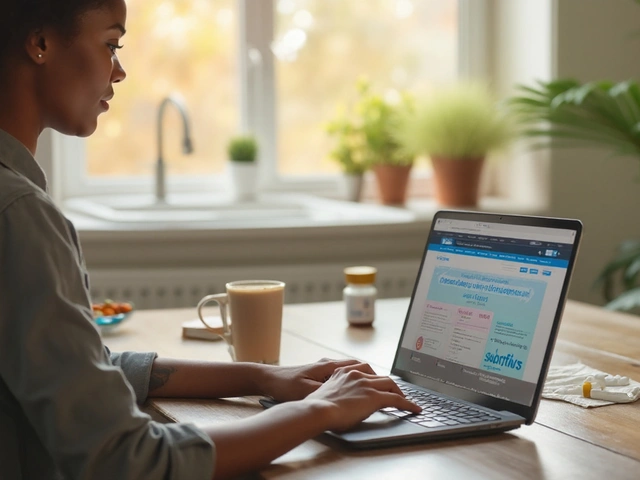
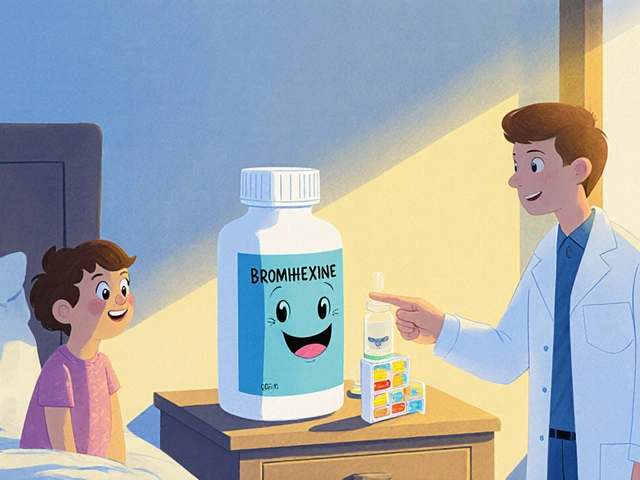


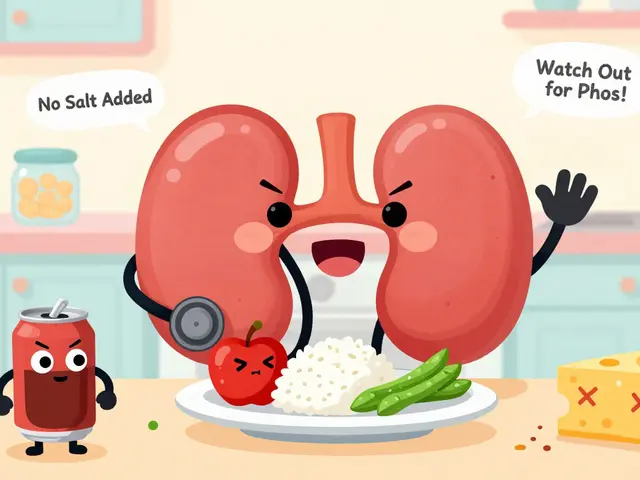
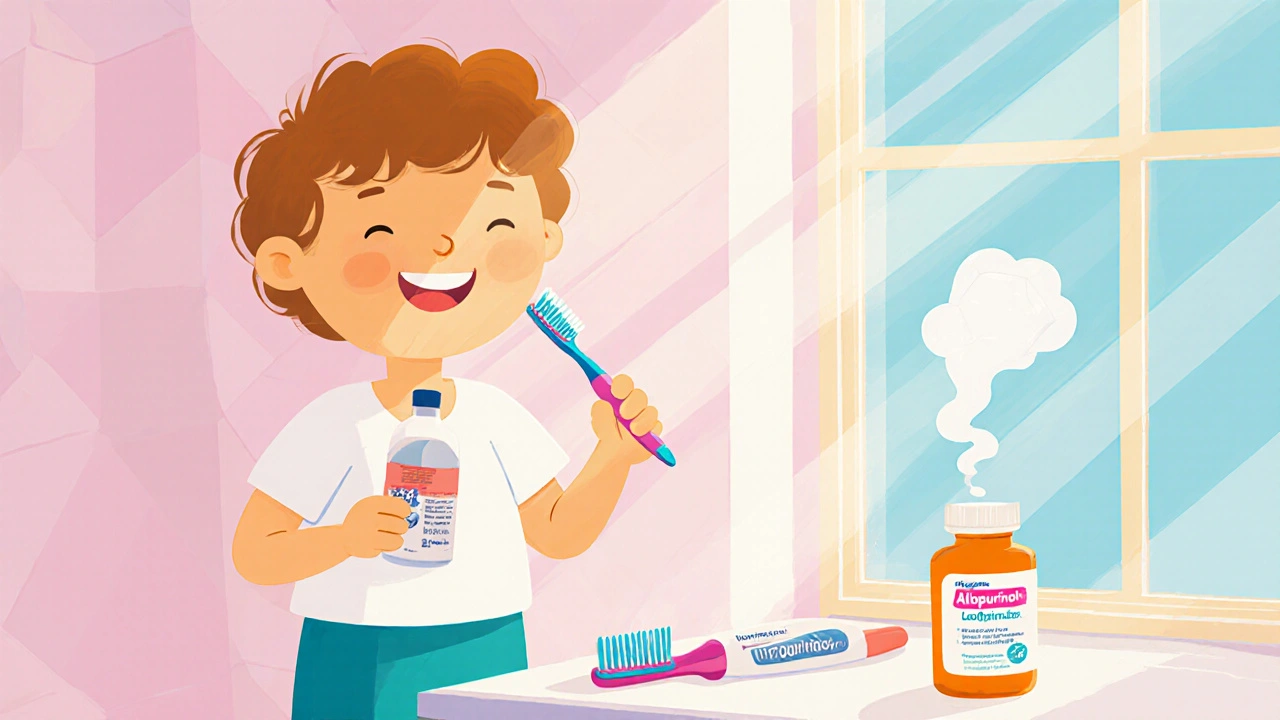
8 Comments
took it for 3 weeks then stopped cause i felt fine. now i got a flare worse than before. dumbass move. dont be me.
The assertion that allopurinol functions as a preventive agent, rather than an acute therapeutic, is not merely medically accurate-it is foundational to the ethical stewardship of one’s own health. Discontinuation based on subjective symptomatology reflects a dangerous conflation of absence of pain with absence of pathology.
lol why are we treating this like a cult manual? allopurinol is just a drug. if you dont like it take something else. also who even uses pill organizers anymore? my phone reminds me and i take it. problem solved.
You know what’s more embarrassing than missing a dose? Being the person who says ‘I felt fine so I stopped’-then ends up in the ER with a swollen toe that looks like a cursed pumpkin 🎃. This isn’t optional self-care. This is your body begging you to not be an idiot.
I’ve been on allopurinol for 4 years. Missed a few doses during my move. Didn’t panic. Just used the pillbox with the big letters 📦 and set a daily alarm that plays my mom’s voice saying ‘take your pill, baby’ 😅. Still no flares. You got this.
The notion that adherence to pharmacological regimens can be reduced to habit-stacking or smartphone reminders is a gross oversimplification of the neurobiological and sociocultural determinants of medication compliance. One must account for executive function deficits, economic barriers to pharmacy access, and the psychological burden of chronic disease management before advocating for ‘just take it with coffee’ as a panacea.
I read this whole thing and still don’t know if I’m supposed to feel guilty or inspired. Like… I take it. Sometimes. But I also drink wine. And I’m not dying. So… is this just a very long PSA for people who like checklists?
I dont care what the study says if i feel fine i dont need it. also why is everyone acting like its a miracle drug when its just another pill that makes you tired and gives you a rash. i think we should just stop overmedicating everything